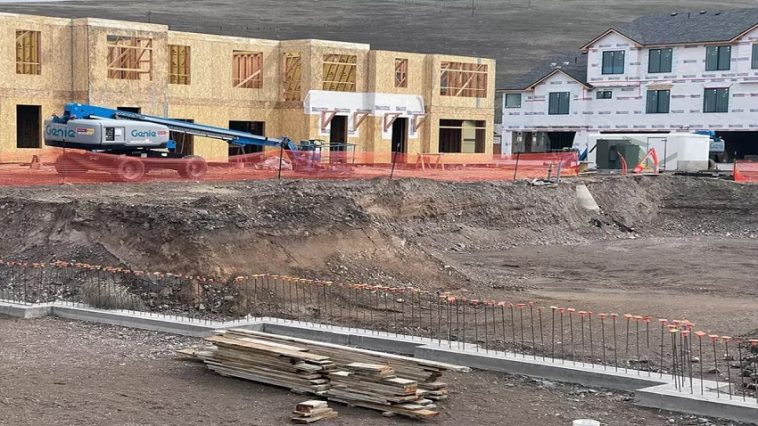Missoula, MT – Missoula’s City Council has decided to release Ravara LLC from its commitment to include a daycare facility in the Scott Street housing and commercial development, citing recent economic changes. The decision was made after the developer and city officials determined that the economic climate no longer supports the inclusion of the daycare, which had been a key feature of the project when it was first proposed.
In 2021, when the agreement was first signed, there was significant demand for childcare in the area, with many in the neighborhood expressing the need for such a facility. John Adams, the city’s strategic projects administrator, explained that daycare was one of the amenities requested by the community. However, over the past 18 months, the childcare landscape in Missoula has shifted. A growing number of school-aged children have moved to after-school care programs offered by Missoula County Public Schools, diminishing the need for a new daycare center.
“The daycare environment has changed quite a bit in the last 18 months,” said Adams. “The need that existed for a new facility has been largely addressed by the public school system and state programs, leaving us in a position where the daycare requirement is no longer financially feasible.”
Ravara LLC, the private developer behind the project, had initially planned to include a daycare facility as part of the 30,000 square feet of commercial space on Scott Street. However, as the project evolved, it became clear that holding onto the daycare requirement was hindering progress on the overall development. “We’re at the point where holding on to that requirement is hindering Ravara’s ability to complete design and solve for financing on the market-rate parcel,” Adams noted, adding that releasing Ravara from the daycare obligation was necessary to move forward with the rest of the project, which includes 200+ housing units and additional commercial space.
The daycare provider Ravara had been in talks with also no longer saw a need for a new facility. The provider, which initially had a waitlist, now finds itself with surplus capacity, signaling a significant shift in the demand for daycare services. As a result, they opted not to pursue the project any further.
“The economics just don’t support the creation of a new purpose-built daycare facility at this time,” said Kiah Hochstetler, a member of the development team. Hochstetler also pointed to other factors, such as the state’s early childhood education program and Missoula County Public Schools’ expansion of after-school services, which have reduced the demand for traditional daycare.
Despite the removal of the daycare, city officials emphasized the importance of including other amenities in the development. Council member Sierra Farmer noted that the neighborhood is currently underserved in terms of services, and the commercial space could still provide much-needed options for residents. “It’s a desert out there in terms of services,” she said.
The 30,000 square feet of commercial space is still part of the project, with plans for a small-scale grocery store, a dentistry office, a salon, and a barber shop among the potential tenants. Hochstetler said that the development team is actively pursuing businesses to lease the commercial space and is focused on providing local services to the community.
While many members of the City Council supported the decision to release Ravara from the daycare requirement, there was still some skepticism about the change. Council member Bob Campbell expressed concerns that the removal of the daycare felt like a broken promise to the neighborhood. “Daycare was touted as one of the things that would be a benefit to the neighborhood,” Campbell said. “Quite frankly, it has the feeling of bait-and-switch to me.”
However, council member Gwen Jones acknowledged that the economic challenges had made the daycare plan untenable but emphasized that the commercial space could still bring valuable services to the area. “A lot of work has gone into meeting this (daycare) requirement, but if it can’t be done, it can’t be done,” Jones said. “The fact that there’s 30,000 square feet of commercial space will provide a lot of other services to the neighborhood.”
The housing project, valued at approximately $18 million, is part of a broader effort to address Missoula’s housing needs. Phase 1 of the development, which includes workforce housing, is currently under construction on a three-acre community land trust. Though the daycare will no longer be part of the plan, the focus remains on delivering the housing units and other commercial amenities that the neighborhood desperately needs.



